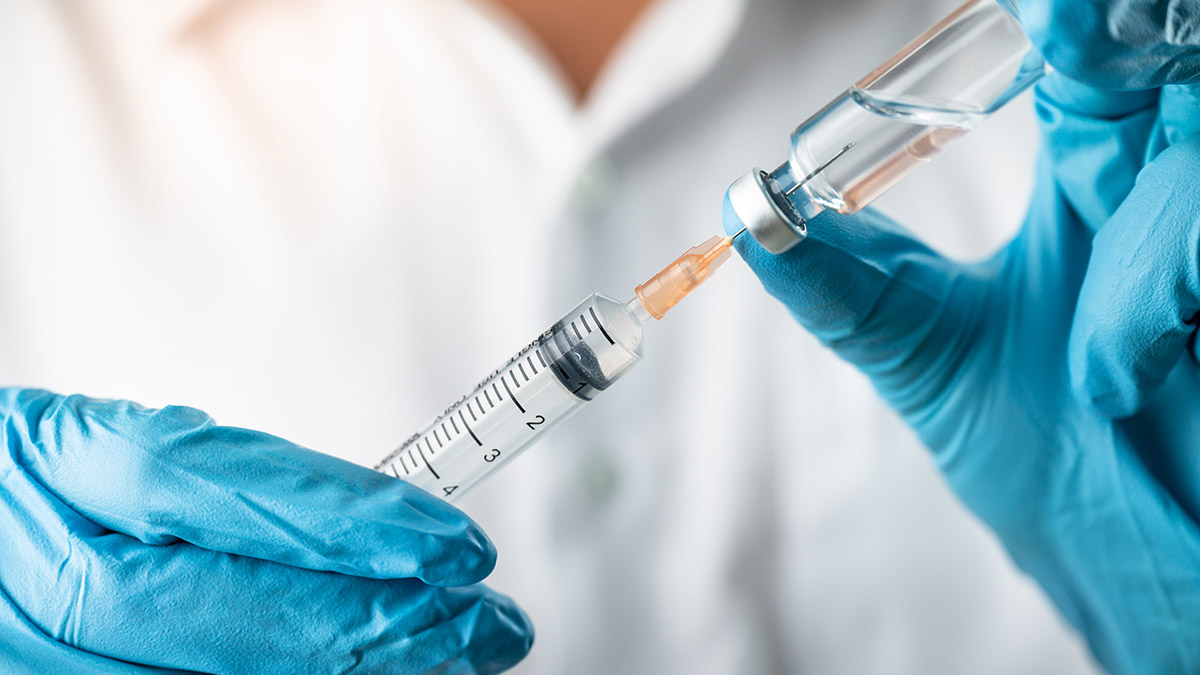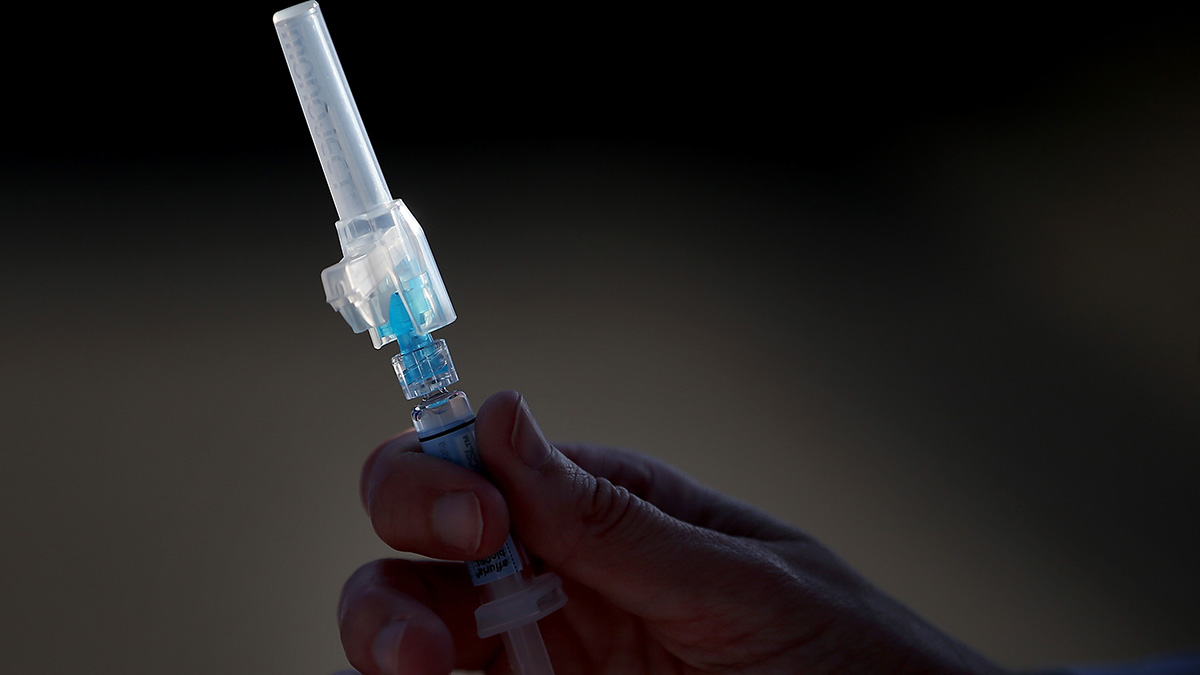With millions of Americans poised to roll up their sleeves for a COVID-19 vaccine, new concerns are growing over those who might inevitably be injured by the shot.
There is a multibillion-dollar federal program to cover people injured by vaccines, but the News4 I-Team has learned, at least at first, any new COVID-19 vaccine injuries would not be covered by that program.
"We think that any removal of potential COVID vaccines from the vaccine table would reduce public confidence, would really just send the wrong message," said Leah Durant, an attorney who files cases in the National Vaccine Injury Compensation Program on behalf of those injured by vaccines.
Congress created the $4.2 billion program decades ago to take on the liability, thereby protecting manufacturers and shot-givers from being sued by those who are injured by or have catastrophic reactions to vaccines. The program is self-funded by a 75-cent fee collected on every shot given and was designed to be a faster and easier path for victims to be compensated.
"Although vaccines are safe and they're an important part of public health policy, we do have a program should something go wrong," said Durant. "Unfortunately, what we're seeing now is changes that are being made that can put that in jeopardy."
Right now, any vaccine recommended by the Centers for Disease Control and Prevention for the administration in children or pregnant women is automatically covered by the program. But the Department of Health and Human Services is now pushing a new proposal to give the HHS secretary unilateral authority to keep any new vaccines out of the program. It could take effect in mid-January, just as COVID-19 vaccines could become available to the public.
In a statement to the I-Team, HHS said it has "serious concerns that the current provision," which automatically covers new vaccines, "is contrary to law" and "inconsistent with the Vaccine Act."
The agency declined a request for an on-camera interview but said COVID-19 vaccines would instead be covered by the Countermeasures Injury Compensation Program, which has only paid about three dozen claims in the past decade.
"We think the countermeasures program is not as good for victims. It doesn't allow for pain and suffering. It doesn't allow for you to have an attorney. It doesn't allow for hearings. It doesn't allow for appeals," Durant said.
HHS says a COVID-19 vaccine could eventually end up in the vaccine injury compensation program if it meets the criteria and the secretary approves it.
The proposal to change the automatic addition of qualifying vaccines is buried within another proposal that Durant says would be equally, if not more, detrimental.
HHS wants to remove the leading cause of vaccine injuries from the list of automatically covered injuries, even though it's triggered by an injection, which hundreds of millions more Americans are about to need once the COVID-19 vaccine is ready.
The injury — shoulder injury related to vaccine administration, commonly known as SIRVA — is triggered when a shot is given too high on the arm and can cause debilitating pain that can last years or, in some cases, permanently.
"I lost almost a year and a half, two years of my life. I had to have two surgeries and I lost the time with my baby," said Ann Wyborski.
Wyborski received a payout from the Vaccine Injury Compensation Program after developing SIRVA following a flu shot in 2013.
"I had such excruciating pain that I could barely even function," said Wyborski, who lost her job because she was unable to perform the simplest of tasks. In 2018, she told the I-Team things like buckling her seatbelt, driving or dressing herself became nearly impossible.
In 2019, the I-Team exposed how SIRVA had become the fastest growing injury in the Vaccine Injury Compensation Program, representing more than half of all the new cases filed. Now it's more than 60%, which ties up an already backlogged system of overworked government attorneys and HHS staff.
"They're tired of the workload. They don't want to accept these cases any longer," said Durant, who herself suffered a SIRVA injury years ago.
Durant says it stands to reason that with hundreds of millions of COVID-19 vaccines administered by injection, there will be even more of a need for coverage of both the vaccines and the SIRVA injury in the program.
"We think removal of SIRVA from the vaccine program would be devastating," said Durant, calling the timing suspicious.
She says the doctors, pharmacists and vaccine makers who would normally fight such a change are busy focusing on the pandemic.
"The SIRVA cases are going to skyrocket," predicts Wyborski, adding that the rush to develop, test and approve COVID-19 vaccines means the public need more protection, not less.
The Department of Justice, whose attorneys handle vaccine injury cases, supports removing SIRVA, in part because the program keeps paying victims without ever telling the shot-givers they injured someone.
But the new proposal would not do anything to stop SIRVA, either. It would just stop the payouts to those who are injured.
"There should be compensation if they're injured and there should be an avenue to retrain and let people know that they have injured someone so they don't continually injure more people," Wyborski said.
HHS is accepting public comment about these proposals through Jan. 12 and will also hold a public hearing before making a final decision. That will likely be some time in December.
Durant says attorneys who specialize in vaccine injury are considering challenging the changes in court but likely couldn't do that until after they take effect.
"We think this is bad public policy, especially at a time when individuals are so highly concerned about vaccines," Durant said.
Reported by Jodie Fleischer, produced by Rick Yarborough, and shot and edited by Jeff Piper and Evan Carr.



